Part I The 1937 Memorandum – measures to protect Yugoslavia The Memorandum’s author as a professional historian quite clearly understood that the only way and the only means to cope with them in order to protect Yugoslavia from Albanian separatism, terrorism, and Albanization was to use the legitimate force by […]
Tag: Macedonia
The 1937 Memorandum On The “Albanian Question” In Yugoslavia (I)
In 1937 a Memorandum to the Royal Yugoslav Government was presented by Vaso Chubrilovic on solving the “Albanian Question” in the Kingdom of Yugoslavia. A Bosnian Serb Vaso Chubrilovic (1897−1990) was a historian, teacher, university professor, minister, a member of the Serbian Academy of Sciences and Arts, and politician. In […]
The Albanian Question At The Turn Of The 20th Century (II)
Part I Toward the Albanian nation-state The Albanian people, already faced with major difficulties in the process of building a modern (European) society, were even more affected by the division in the spiritual, political, confessional, and cultural aspects. During the period of the Albanian national movement – Rilindja, 1878−1912 – […]
“Megali Idea” And Greek Irredentism In The Wars For A Greater Greece, 1912−1923
The concept of Megali Idea in the foreign policy of Greece left to be only on the paper with no real hope to be implemented in the reality anymore regardless on the fact that still up today Greek political culture is much ideologically imbued.
The Western “Math-Gangsters” And The Kosovization Of Macedonia
Similarly to Serbia after October 2000, a new post-revolution Macedonian Government was expected by its Western sponsors to transform Macedonia into another client state of the post-Cold War NATO’s World Order. The current political post-referendum stalemate in Macedonia can be solved according to the recipe of Kosovization with the ethnic Albanians as the main actors.
NATO’s Manipulation Of The Macedonian Vote Exposes Its Modus Operandi
Inadvertently, NATO drew attention to its anti-democratic expansion between the two Cold Wars by behaving so arrogantly after the failed Macedonian referendum. The bloc has no practical reason to admit Macedonia other than to send a message to Russia, Serbia, and even its own fellow members about its continued “relevancy”.
Merkel Is Meddling In Macedonia’s Referendum
Merkel’s actual meddling serves the purpose of signaling to the post-Color Revolution Macedonian authorities that Germany – and therefore the entire EU – won’t contest the results if the “yes” vote wins amid loud accusations of fraud.
The Macedonian “Name Deal” Is A Dystopian Nightmare Of Totalitarian Control
The “politically correct” police state that’s forming in the Republic of Macedonia is therefore a dystopian nightmare of epic proportions that might eventually spread to other countries in the coming years if the EU weaponizes this model as a means for systematically deconstructing their national identities prior to incorporating them into a “federation of regions” to replace the existing union of nation-states.
Greece And Slavo-Macedonians (1913-1993)
During J. B. Tito’s rule (1945−1980), Macedonian nationalism had always been controlled by the central government but after his death in 1980 the control was gradually loosened and Macedonian nationalism started to flourish as all other nationalist sentiments within the whole country. A new independent Balkan state as a neighbor to Greece from the very beginning provoked hostile political and economic sanctions by Athens from 1991 to 1993.
Macedonization Of Macedonia
The time of Macedonization of Macedonia by the creation of Macedonian regional feelings, which after the WWII became transformed into the ethnonational consciousness, was also the time of the struggle over Macedonia between Greece, Bulgaria and Serbia.
The Slavo-Macedonians As A Tool For The Creation Of Tito’s Greater Yugoslavia
The Yugoslav post-1945 policy of the recognition of Slavo-Macedonians as a separate ethnolinguistic entity was extremely important for the creation of the separate political unit of Macedonia within the Yugoslav federation. After 1945 Yugoslav authorities claimed that the Macedonian diaspora living outside of Yugoslavia has to be incorporated into the “motherland” – a Yugoslav Macedonia.
The Idea Of The Yugoslav Unification (III)
The “Idea of Union” in a single national state had deep roots in the historical development of political ideas among the South Slavs. This idea had several stages of development and the features of expression but, basically, the supporters of the “Idea of Union” primarily understood the Serbo-Croatian cultural, national and political cooperation, reciprocity, solidarity and finally unification as a “backbone” of any kind of a South Slavic state’s organization.
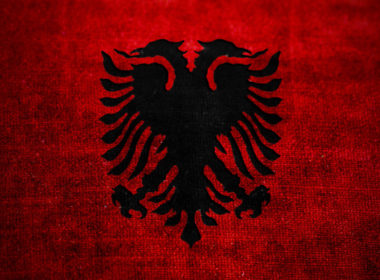

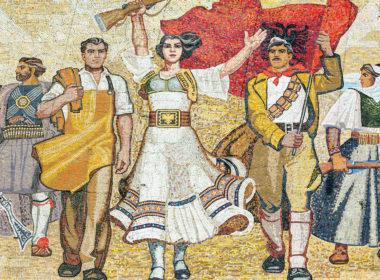
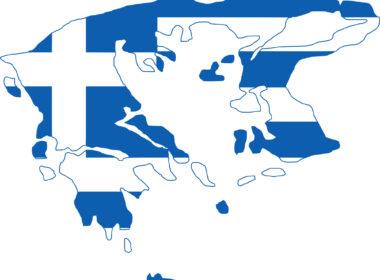
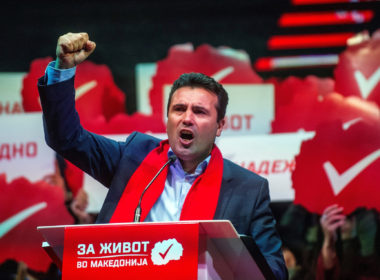
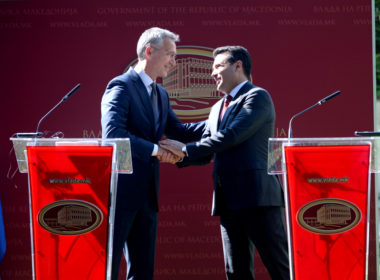
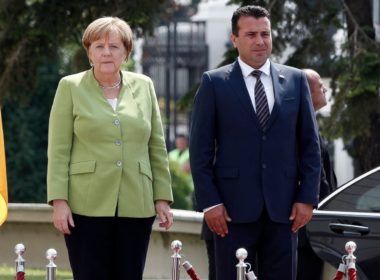
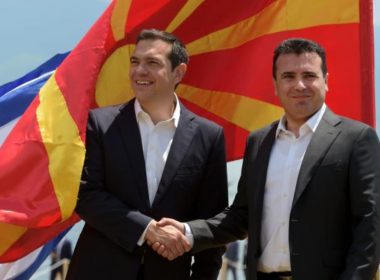
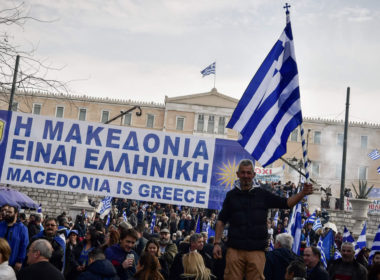


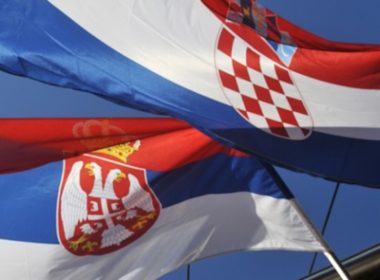










Comments